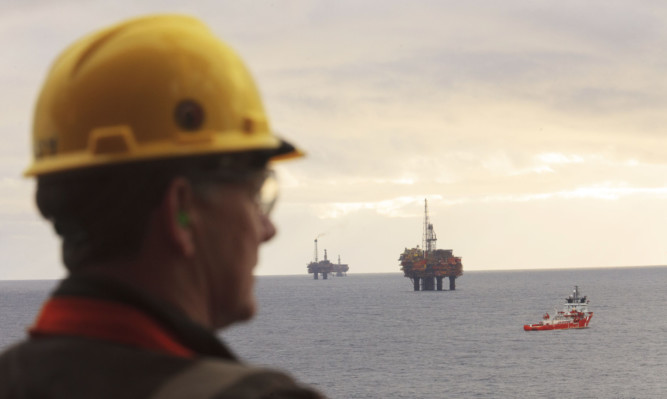The giant oilfield which launched the North Sea boom in the 1970s and gave the Brent crude index its name is about to enter retirement.
A 30-day public consultation on plans to decommission the Brent oil and gas field in the North Sea east of Shetland begins this month.
Anglo Dutch group Shell has submitted a decommissioning programme for the Brent Delta platform. It is one of four installations in the field that since 1976 has produced four billion barrels of oil equivalent to 10% of UK production and more than £20bn of tax revenue.
Delta stopped production in 2011, and the Brent Alpha and Bravo platforms ceased in November.
Only Brent Charlie is still active.
The decommissioning programme recommends that the 23,500-tonne topside of the platform is removed in one piece by a heavy-lift dedicated vessel that arrived in Rotterdam last month.
The topside is being strengthened in anticipation of the lift, which will be one of the heaviest the North Sea has ever seen.
The single-lift technique will substantially reduce the risk, cost and environmental impact of the operation.
If the decommissioning programme is formally approved by the Department of Energy and Climate Change, the topside will be taken to Able UK, a specialised decommissioning company in Teesside, where more than 97% of the material will be reused or recycled.
Alistair Hope, decommissioning project director of Shell, said: “The Brent field has been a prolific national asset for many years, creating and sustaining thousands of jobs and contributing billions of pounds to the UK Government.
“The engineering and planning skills which led to the discovery and subsequent successful production of oil and gas over four decades are essential during decommissioning, which is the natural next stage of the field’s life.
“We hope many people will play an active part in the consultation.”
A decommissioning programme for the remaining infrastructure in the Brent field will be submitted when the company is confident the proposals are safe, technically achievable, environmentally sound and financially responsible, and will be subject to a separate consultation.
Stakeholders from more than 180 organisations have been engaged in the development of the decommissioning programmes.
Brent is one of the most complex fields to be decommissioned, with four platforms, more than 140 wells and 28 pipelines.
There are about 1,000 skilled people offshore, plus further people onshore, working on the decommissioning of the Brent field, and Shell will share experience gained through the project to help the wider industry.
Virtually all of the North Sea’s remaining 470 offshore installations, as well as 10,000km of pipeline and 5,000 wells, will need to be decommissioned over the next 30 years as they become spent or uneconomic.
The Brent decommissioning is expected to take more than a decade.
